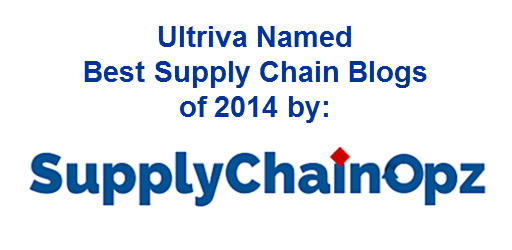A cost-effective supply chain collaboration between manufacturer and suppliers is paramount. Without that constraint addressed, all other benefits are pointless. Let us stipulate that cost-effective collaboration starts with electronic Kanban, or eKanban.
Building trust in supply chain through collaboration is essential. The lack of collaboration is often the cornerstone of conflicts between a manufacturer and suppliers. These conflicts are substantially communication breakdowns. There is a great deal of finger-pointing that takes place when these disputes arise. The manufacturer often contends the supplier did not acknowledge the material purchase orders or ship on-time as promised. The supplier argues that the purchase order was not received or duplicated or rejected or went missing-in-action. While seemingly childish in tonality, such accusations result in ill-will, lost productivity, resentment, poor relationships, and bad customer service.
Improved communication between manufacturer and suppliers drives trusting best-practice behavior and collaboration. The limits of physical Kanban cards (often lost, misplaced, or replaced) quickly exacerbate the aforementioned disputes; ironic, because Kanban was developed as a central practice of lean manufacturing and the elimination of waste. The distinction with effective eKanban solutions is a closed-loop process versus an open looped process.
 Open-loop processes are inherently subject to communication breakdown and failure. Examples of open loop processes still in use today are prone to lost or duplicate Kanban cards. Additionally forecasts, which are inaccurate at best, are usually buffered with a spread sheet. That additional spread sheet is then used to augment the manufacturer’s argument that the supplier is to blame. These error-prone open-loops lack the ability to track and trace when an order is sent or for the supplier to immediate acknowledge receipt of the order. It creates order purgatory. Neither manufacturers nor suppliers know where orders stand provoking mistrust and more finger-pointing.
Open-loop processes are inherently subject to communication breakdown and failure. Examples of open loop processes still in use today are prone to lost or duplicate Kanban cards. Additionally forecasts, which are inaccurate at best, are usually buffered with a spread sheet. That additional spread sheet is then used to augment the manufacturer’s argument that the supplier is to blame. These error-prone open-loops lack the ability to track and trace when an order is sent or for the supplier to immediate acknowledge receipt of the order. It creates order purgatory. Neither manufacturers nor suppliers know where orders stand provoking mistrust and more finger-pointing.
Effective eKanban systems use a closed-loop process where every material replenishment transaction is tracked in real-time from the time the signal is released to a supplier until the time the materials are received. No signal can “be lost.” The result is an instantaneous, mutually corroborated version of the truth; the result is a level of trust because the accusatory tone which has destroyed thousands of manufacturer/supplier relationships is resolved technologically. Both manufacturer and supplier are working from the same data.
Beyond the improved trust, there is a simplified supply chain collaboration which drives improved data visibility, better collaboration (lean best-practices), improved order fill rates, better on-time delivery performance, and lower overhead costs. All of these factors substantiate the stipulation that eKanban is cost-effective.



